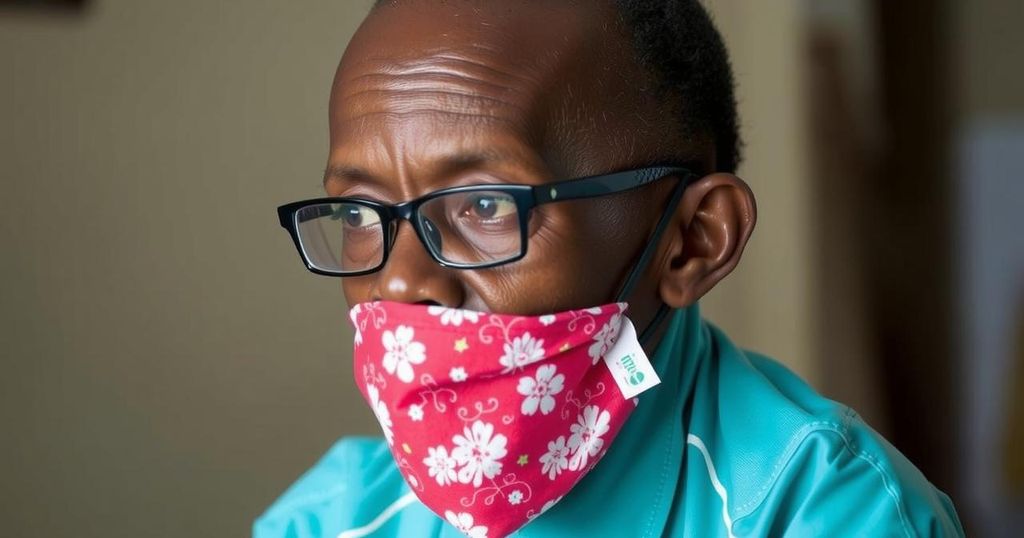A recently emerged illness in the DRC has killed over 70 people in the Panzi health zone, with 380 reported cases primarily among children under five. Symptoms mirror flu-like presentations. Experts caution that while the disease appears infectious, much remains unknown, especially regarding its transmission and potential epidemic risk due to the DRC’s poor healthcare infrastructure.
A mysterious illness in the Democratic Republic of Congo (DRC) has claimed the lives of over 70 individuals in the Panzi health zone of Kwango province, raising significant public health concerns. The Africa Centres for Disease Control and Prevention has documented nearly 380 cases of what is referred to as ‘Disease X,’ with a notable proportion of cases occurring among children under five years of age. Initial symptoms suggest a respiratory nature, resembling flu-like presentations such as fever, headaches, cough, and anemia, yet definitive laboratory results are awaited to establish the disease’s true nature.
Experts emphasize the need for caution, given the remote location of the outbreak and the challenges associated with public health infrastructure in the DRC. Dr. Peter Hotez and Dr. Gavin Harris highlighted that without comprehensive diagnostic testing, many unknown variables persist concerning whether the illness is infectious and its potential modes of transmission. Dr. Hotez speculated on various potential causes, including severe malaria, meningococcal infections, new respiratory viruses, avian influenza, or mosquito-borne diseases.
The frequency of unknown illnesses arises from inadequate public health surveillance, particularly in rural regions like Kwango province, where logistical challenges hinder timely diagnostic testing. Dr. Harris noted that the epidemic potential of this illness remains uncertain, contingent on numerous factors including the availability of medical countermeasures and the pathogenic nature of the disease.
Both experts further indicated that events of this nature have been observed with increasing frequency in the region, potentially reflective of broader public health challenges exacerbated by climate change, population growth, and deteriorating sanitary conditions. This trend underscores the necessity for fundamental public health measures, such as improved hygiene, clean drinking water, and adequate medical care access.
The recent outbreak of a deadly illness in the Democratic Republic of Congo has sparked considerable apprehension among public health officials. The Panzi health zone in Kwango province has reported 70 fatalities and nearly 380 cases, primarily affecting children. Symptoms including fever and cough mirror those of common respiratory infections, yet the specific etiology of the illness remains undefined. This outbreak occurs in a context where inadequate infrastructure significantly amplifies the challenges of public health responses and disease management.
In conclusion, the ongoing outbreak of an unknown illness in the Democratic Republic of Congo presents significant public health challenges. The urgent need for diagnostic clarity and enhanced surveillance is paramount to determine the pathogenic nature of this disease and implement effective countermeasures. The situation serves as a critical reminder of the vulnerabilities faced by regions with limited healthcare infrastructure, necessitating both national and international support to improve public health readiness and response capabilities.
Original Source: www.usnews.com






